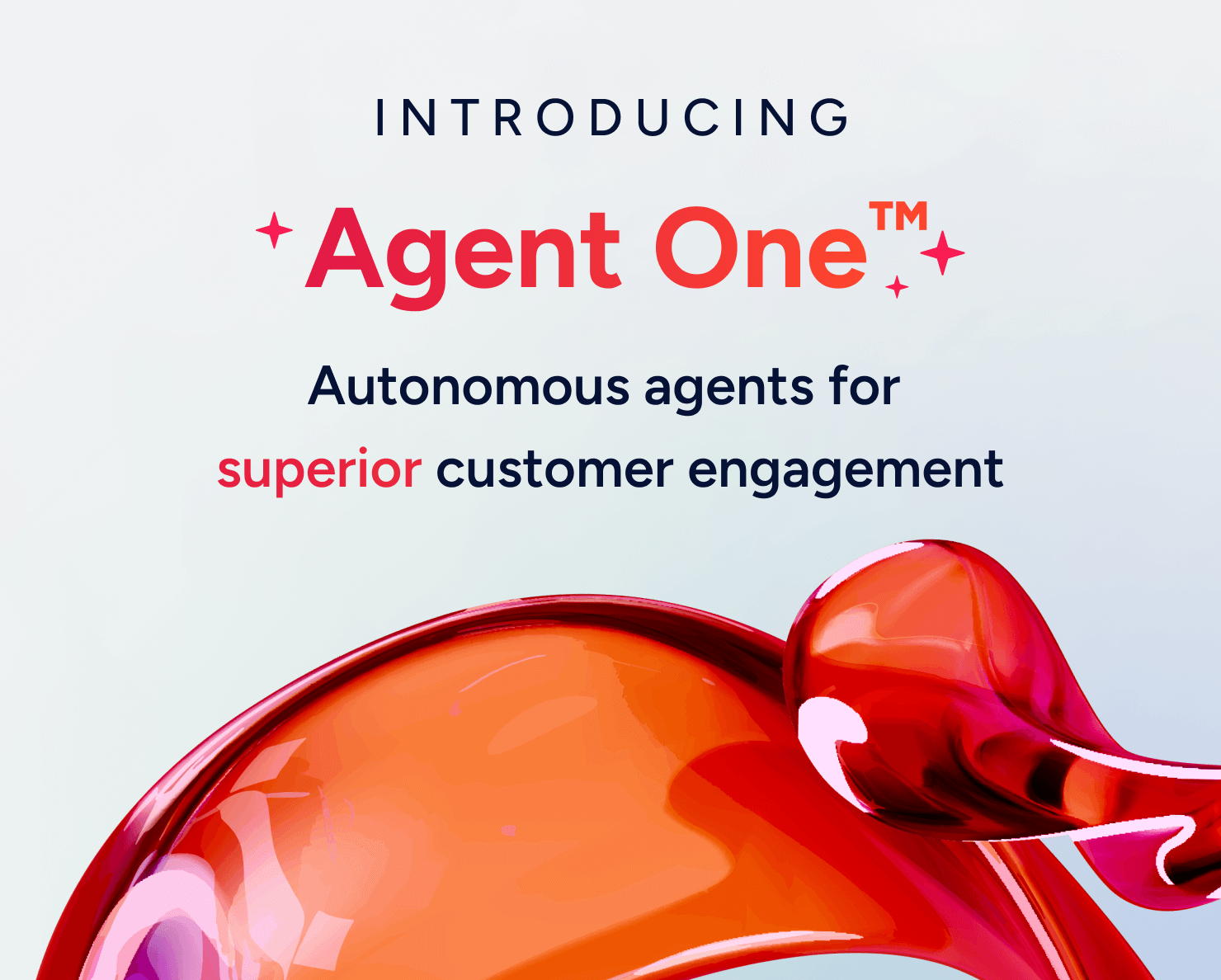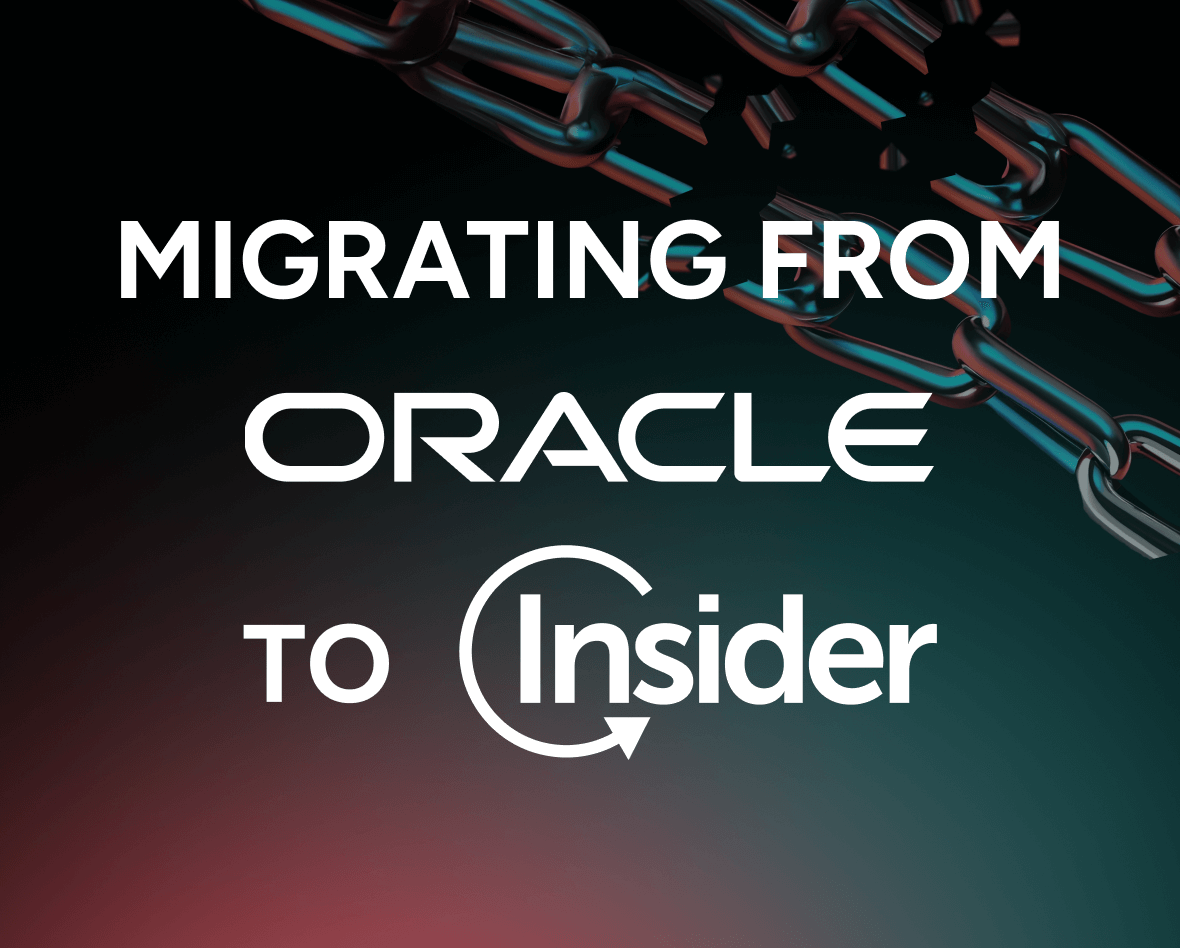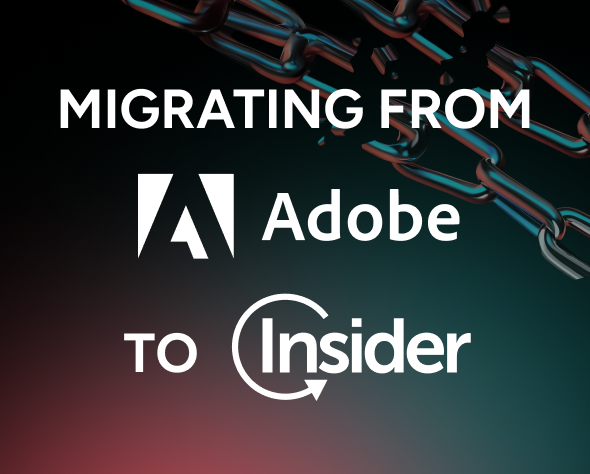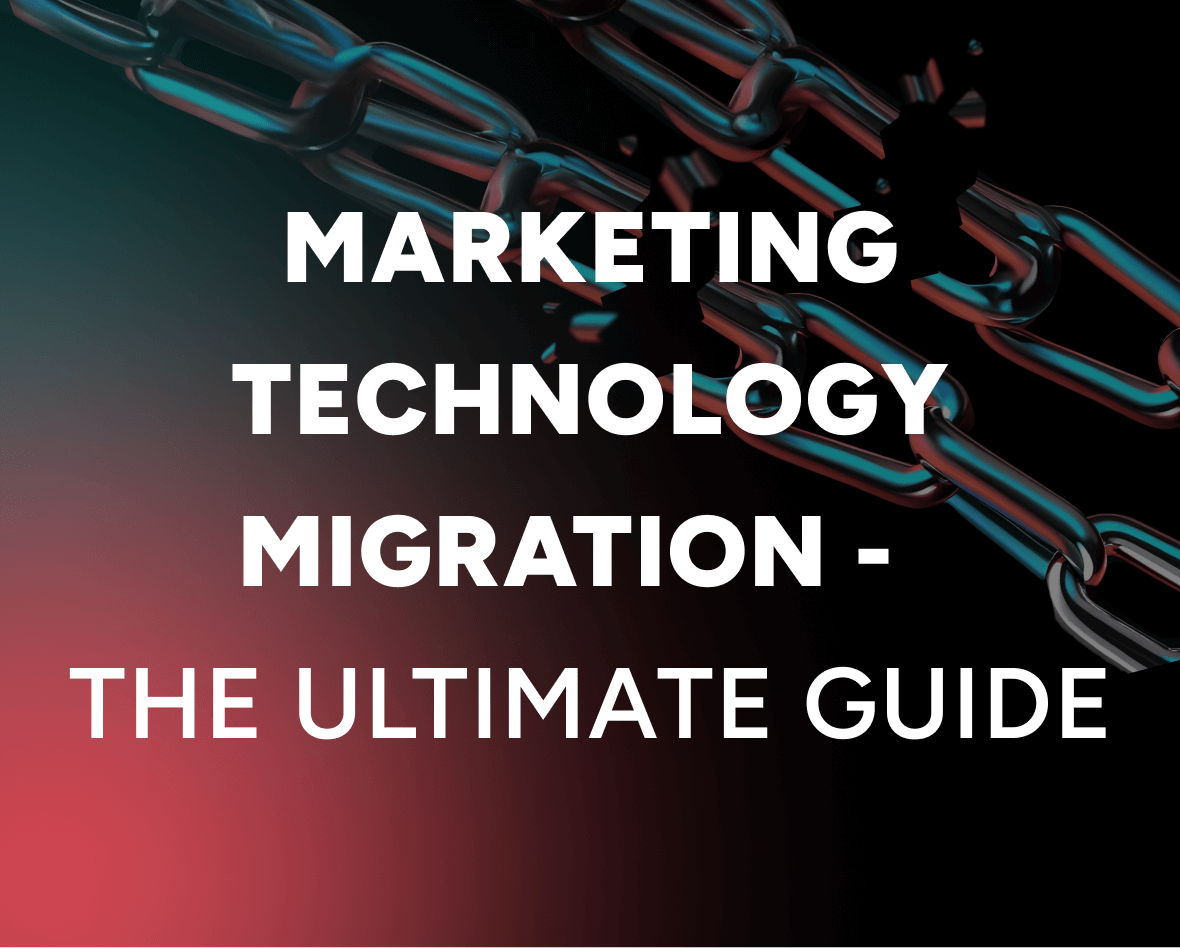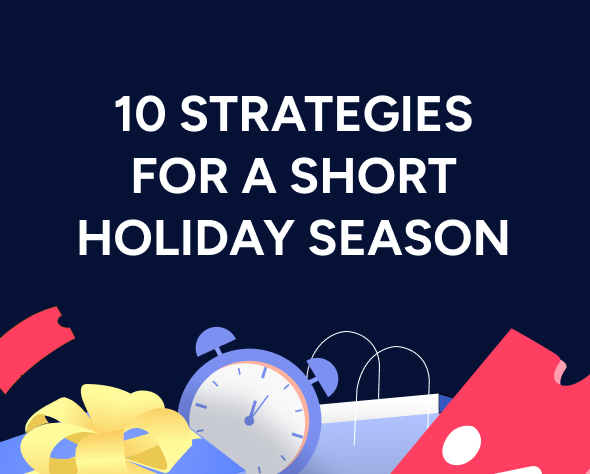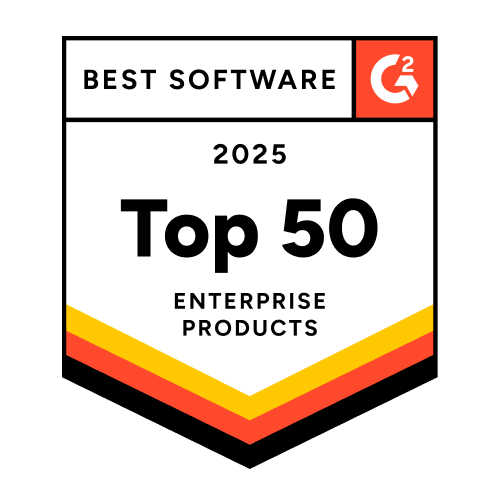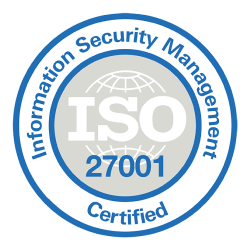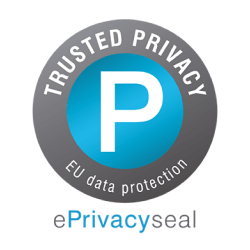5 best Customer Data Platform companies on G2
Increasingly, modern customers demand better shopping experiences that tailor to their needs. They understand that brands need to have their information to create such experiences. According to new research by Redpoint and Harris Poll, 66% of surveyed consumers said they’re willing to provide brands more information about themselves if it is used to create a more valuable customer experience. With that in mind, collecting customer data will become the standard, with data collection offering opportunities for brands to gather insights and fulfill customers’ expectations.
Updated on 26 Sep 2025
However, understanding the importance of customer data is just one piece of the puzzle. Success also depends on having a well-designed execution plan, talent, and, having the right technology in place. “The right technology” here, means implementing a customer data platform that effectively collects, unifies, and manages customer data across channels.
In this post, we’ll walk you through customer data platform leaders on G2 — the world’s leading site for unbiased reviews on any product or service. You’ll also learn helpful tips for choosing the right software for your business.
But before going into detail, let’s make sure we’re all on the same page.
What Is a Customer Data Platform (CDP)?
A customer data platform (CDP) is a collection of tools that helps to create a centralized, consistent, and accessible customer database. According to Gartner, a CDP “unifies a company’s customer data from marketing and other channels to enable customer modeling and optimize the timing and targeting of messages and offers.”
Insider’s Partner Success Director Christopher Lowe agrees that a CDP enables marketers to collect data (first-party data, third-party data, and behavioral data) about each customer across all touchpoints and throughout their entire buying journey. It can easily integrate with most tech stacks and systems.
CDP and CRM: What are the differences?
Customer data platform (CDP) and customer relationship management (CRM) aren’t the same thing.
A CRM is a system that helps track interactions between your business and your customers. It records customer contact information such as email, phone number, occupation, website, social media profile, buying history, and sales cycles. It’s widely used among B2B marketers.
While a CRM is effective for managing customer relationships, it comes with several disadvantages, for example:
- It cannot track the information of anonymous users.
- It cannot connect data with other channels like email, push, and mobile apps.
- I cannot integrate offline and online data.
- It provides only limited integration with helpdesks and email services.
- It is not ideal for B2C marketers.
A CDP resolves all of these problems:
- Collecting data from multiple sources and cleaning and combining it to create a unified customer view.
- Tracking information from anonymous users with an individual ID.
- Allowing you to create highly-enriched customer profiles and serve customers personalized content based on their behaviors, buying intent, sales lifecycle, lifetime value,and purchase history.
- Allowing you to target different customers based on their behaviors, interests, and preferences.
Therefore, for effective proactive marketing, it makes sense to invest in a CDP. Which CDP is right for your brand? Let’s consider the five best CDPs reviewed on G2.
5 Top Customer Data Platforms on G2 Based on Satisfaction
G2’s satisfaction score reflects how satisfied users are with a product or a vendor. This score is determined through a combination of customer satisfaction with end user-focused product attributes, administration-specific product attributes, popularity and statistical significance, quality of customer reviews, age of reviews, and Net Promoter Score (NPS).
We used G2’s satisfaction scores to conduct a customer data platform comparison and identify the five best solutions. They are:
1. Insider – Individualized Cross-channel Customer Experience Platform
G2 satisfaction rating: 4.7/5.0
Insider has been named the #1 Leader Everywhere on the G2 Winter’s 2022 report with a 4x faster time to value, a Leader in The Forrester Wave: Cross-Channel Campaign Management (Independent Platform) Q3, 2021, and a Leader in 2021 Gartner Magic Quadrant for Personalization Engines. It’s also been trusted by over 1000 enterprise brands across the world, including IKEA, Avon, Samsung, and Toyota. Insider currently receives the highest satisfaction score among over 180 products in G2’s Customer Data Platform category.
Insider focuses on helping marketers deepen connections with customers by creating individualized experiences across channels. But Insider isn’t only designed for managing customer relationships — it also stitches customer data together in a way that prevents data loss. In other words, it eliminates the need for a CRM because it has its own engagement layer.
Here are what makes Insider different:
- Easy to install and use: You don’t need to involve your CTO to personalize customer experiences. Insider is built to empower marketers to launch personalized experiences without burdening development teams and critical IT stakeholders.
- Get to know your customers: Insider captures attributes and events across touchpoints (ingest). It tracks known and anonymous profiles with flexible identity resolution (resolve), and builds real-time, unified profiles for every customer (activate). Insider allows marketers rich aggregated audience insights, and analysis of custom funnels (analyze).
- Support dynamic segments: You can segment your customers based on historical data (purchase history, CRM attributes), contextual ( first-party cookies, search keywords), behavioral (visit history, product category), and technographics (device type, traffic source), custom ( replenishment strategy, churned VIP customers), and predictive ( likelihood to churn, discount affinity).
- Never miss any point in the customer lifecycle: You can select from intuitive pre-built templates or create your own template to start designing your journey.
2. Bloomreach – Commerce Experience Cloud
G2 satisfaction rating: 4.7/5.0
Bloomreach is a commerce experience cloud offering a number of packaged business capabilities, including engagement (CDP/marketing automation), discovery (search), and content. It supports drag-and-drop personalized omnichannel journeys, AI-powered recommendations, and prediction templates.
If you’re a retailer or ecommerce brand and want to improve your product detail pages on your online store, you can use Bloomreach’s drag-n-drop builder to turn any page into a shoppable experience. You can add a product showcase, a product grid, or a recommendations widget on any page with a few clicks.
3. Segment – Customer Data Platform
G2 satisfaction rating: 4.6/5.0
Segment is a customer data platform that allows you to collect, transform, send, and archive first-customer data. The platform supports three ways to gather data, including Javascript source Analytics.js, mobile SDKs, and server-side sources.
In addition , Segment also provides engineering teams with one API to collect and manage analytics data across any platform. It supports SDKs for Javascript, iOS, Android, and 20+ server-side languages.
4. SAP Emarsys – Omnichannel Customer Engagement Platform
G2 satisfaction rating: 4.3/5.0
SAP Emarsys is a cloud-based, omnichannel marketing platform designed to help brands automate highly personalized and engaging omnichannel experiences. Specifically, it tracks customer interactions with your channels, matches them against a comprehensive statistical model, and makes accurate predictions on how and when customers like to be reached and what content is most likely to elicit a response.
SAP Emarsys’ key features include integrated customer engagement, customer insights powered by artificial intelligence, and relationship-building interactions.
5. Blueshift’s SmartHub Customer Data Platform
G2 satisfaction rating: 4.3/5.0
Like SAP Emarsys and Segment, Blueshift’s SmartHub also provides insights into what your customers are doing and how they interact with your business. It allows you to create relevant content in real-time, orchestrate engaging user experiences, and unify customer data.
Which one should you choose?
While all these customer data platforms offer excellent solutions, you should choose the one that best fits your business’s needs and serves your customer base. Here are some great selection tips from Insider’s VP of product marketing Srikant Kotapalli:
- Ensure your chosen CDP includes five fundamental components: data connectors, profile unification, segmentation, audience activation, and analytics.
- Define your overall marketing strategy, the gap in your current tech stack, and any specific preferences related to CDPs.
- Consider how long it takes to set a CDP up and running. From the initial briefing call to execution, Insider can help you complete the process within 90 days or less.
- Clarify what success would look like to you with a CDP in place. When doing this, be sure to sit down with relevant teams and ask them what they want to get from this new platform.
Ready to deploy a CDP for your business?
With many options out there, choosing the right customer data platform can be challenging. But we hope this round-up makes it easier for you to get started and determine what’s best for your business.
Keep in mind that it’s not about picking the largest customer data platform but finding the one that matches your specific needs. These might include ensuring a unified customer view, advanced segmentation capabilities, AI-powered actionable insights, multiple supported channels, and a rich choice of high-converting templates. Most importantly, you want your CDP to help you drive more revenue and fuel your business growth.
And that’s where Insider comes in.
If you want to know how Insider can become a game-changer for your business, sign up for a free demo here, and our expert team will show you.
If you need more guidance on picking a CDP, download our complete guide to customer data platforms for free.

